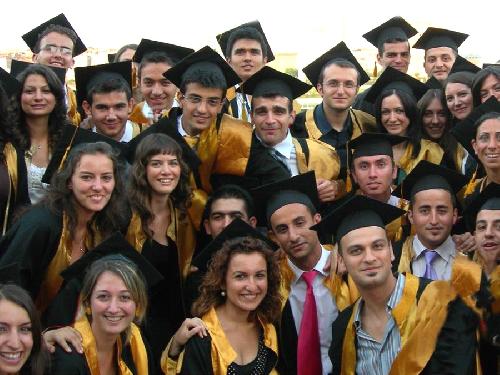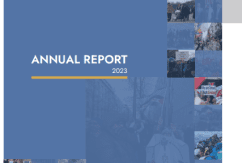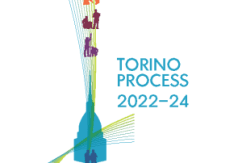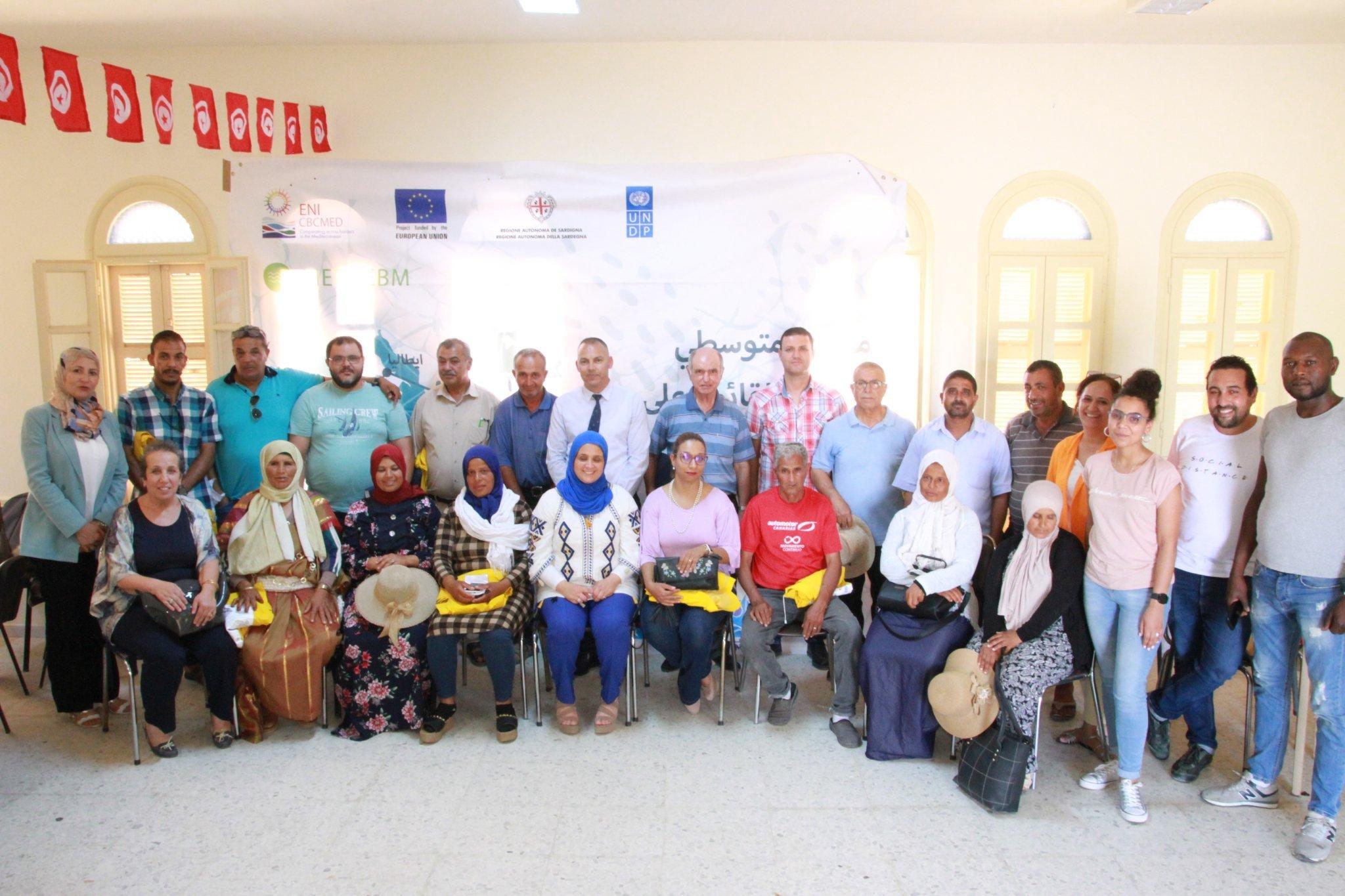Education in Europe: new rules for non-EU students

The EU has made it easier and more attractive for people from third countries, including citizens of the EU Neighbourhood, to study or do research in Europe. The entry and residence rules recently adopted by the European Parliament (EP) will allow greater flexibility in terms of mobility and opportunities to non-EU students and researchers accepted by EU universities. The improved conditions concern also non-EU interns, volunteers, school pupils and au pairs, an EP press release said.
Commenting on the news, lead Member of the European Parliament, Cecilia Wikström said: “This undoubtedly means that European universities will be able to strengthen their competitiveness on the global arena and become more attractive than ever to ambitious and highly-educated people from other countries, thanks to considerably improved conditions in the EU.”
The EP directive enters into force the day after its publication in the European Official Journal. Member states will then have two years in which to transpose its provisions into their national laws, the EP press release added. More information on the new rules can be found here. (EU Neighbourhood Info)
Read more
EU Neighbourhood Info Centre news on education, training and research – East
EU Neighbourhood Info Centre news on education, training and research – South
Thematics
Education
Newsletter
Subscribe to receive our latest updates
News alerts
Personalise your news alerts subscription
© This project is funded by the European Union, 2024




































